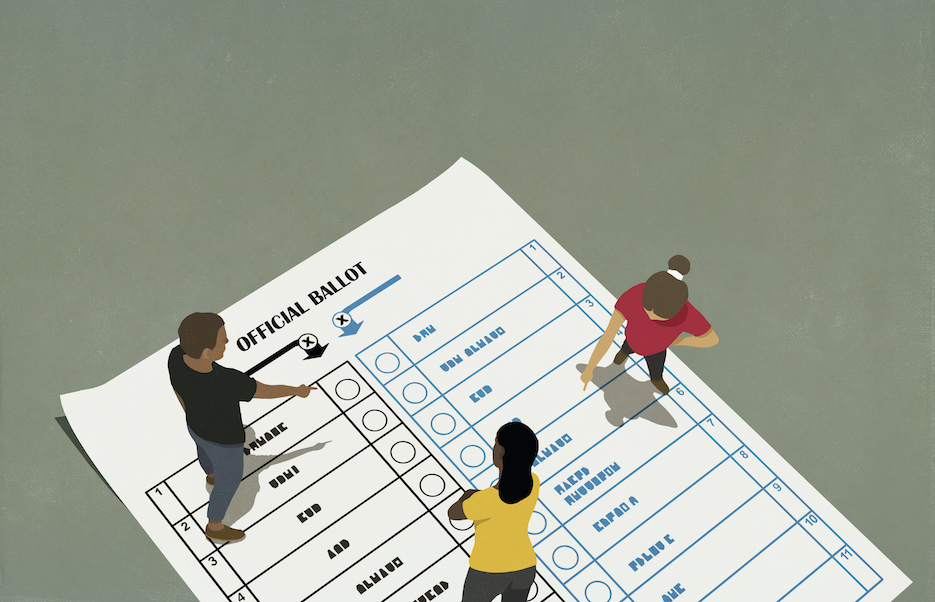Election Officials and Social Media Platforms Fighting Misinformation Ahead of the Midterms
By Greg Beaubien
October 2022
Ahead of the Nov. 8 midterm elections, officials are busy combating misinformation about electoral processes and voting results, falsehoods that they say sow distrust and fuel hostility toward election workers.
As The Associated Press reports, some states and counties are devoting additional money or staff to the effort.
“Our voters are angry and confused. They simply don’t know what to believe,” Lisa Marra, elections director in Cochise County, Ariz., told a U.S. House committee last month.
Many election offices started public-outreach campaigns, which they say will provide accurate information about how elections are run and how ballots are cast and counted.
Ben Morris, spokesperson for the Oregon secretary of state’s office, said false election claims spread on Facebook. Meta, the social media platform’s parent company, has policies that “are too limited to address the misinformation we see at a state and local level,” Morris said. Facebook’s policies regarding misinformation “cover big national issues, but false posts about a county clerk or a state law aren’t removed.”
Meta spokesperson Corey Chambliss said Facebook exempts much of what politicians say online because of the company’s “fundamental belief in free expression, respect for the democratic process, and the belief that, especially in mature democracies with a free press, political speech is the most scrutinized speech there is.”
Facebook said it waives those protections in cases of direct election interference or threats of violence or intimidation. Twitter is enforcing its 2022 “election integrity” policies, which it says will “enable healthy civic conversation on Twitter, while ensuring people have the context they need to make informed decisions.”
On a local level, communicators are doing their part. Trish Robertson, APR, PR officer with the Collier County Supervisor of Elections in Florida, is working to restore voters’ trust — especially among young adults — by creating engaging and informative videos on TikTok. She also hosts “transparency tours” of the office and responds to public record requests.
Robertson told the Associated Press that fighting misinformation “has pretty much become a full-time job.”



